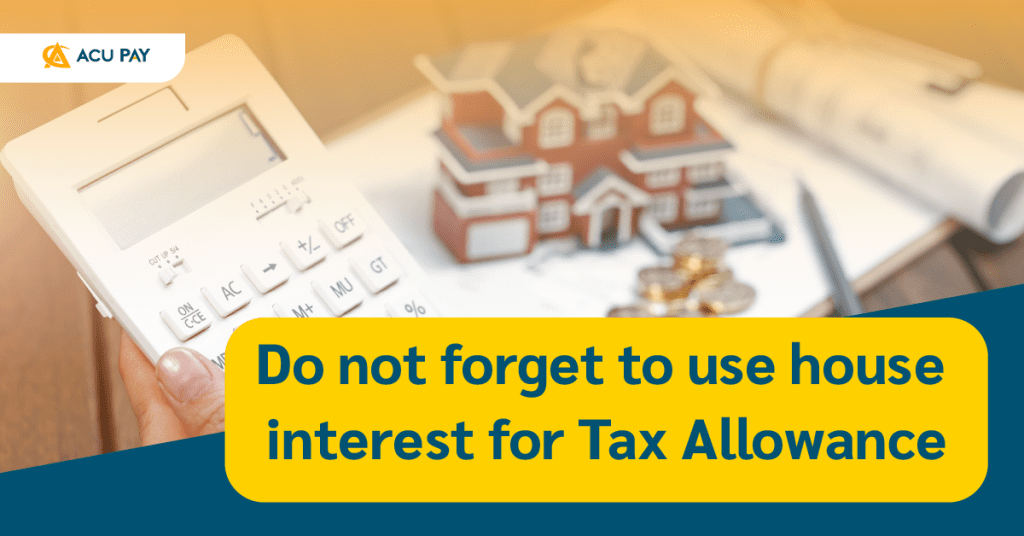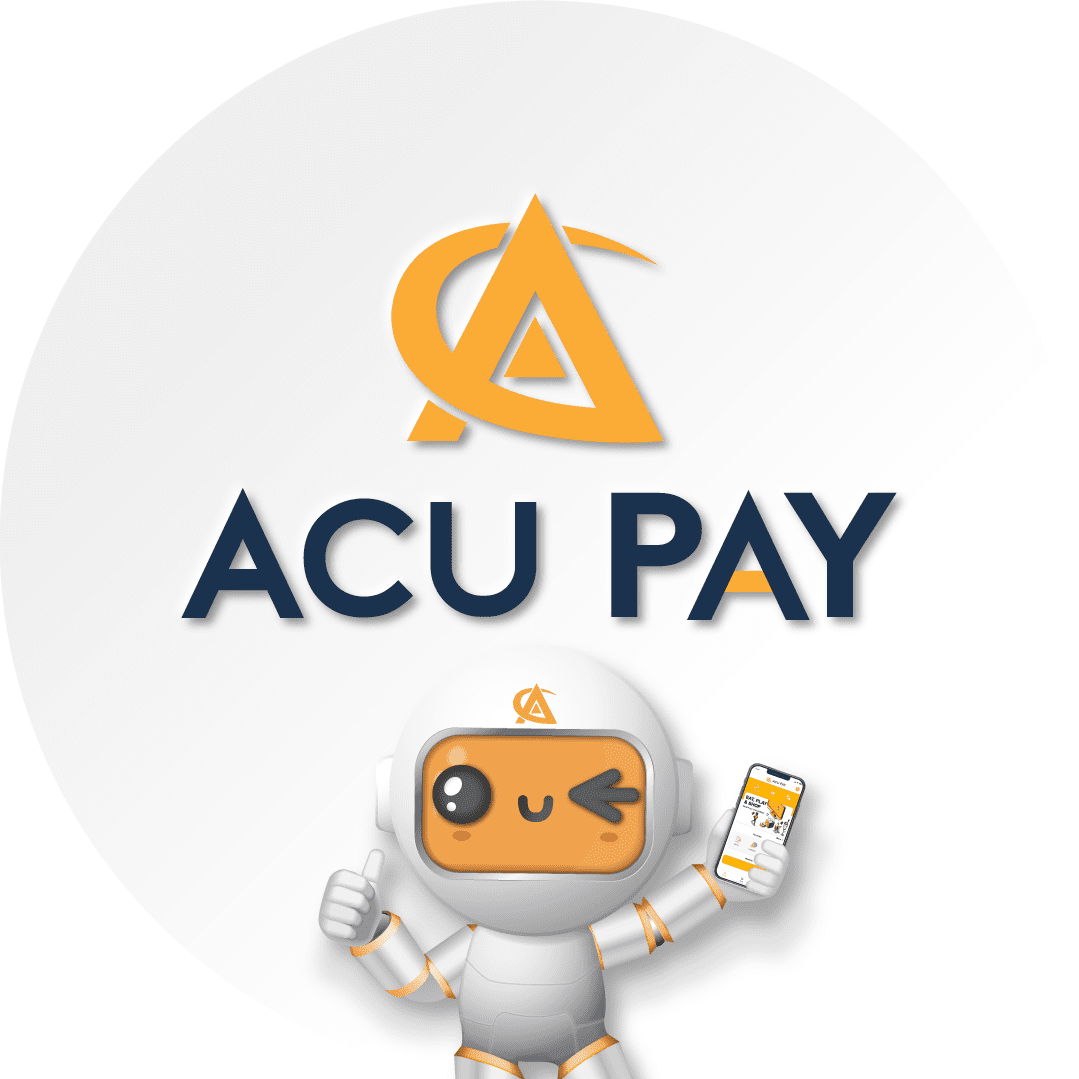

An interest from a loan for purchasing a house or a residence that the borrower has to repay to the bank every month can be used for Tax allowance on Land and Building Tax up to 100,000 baht per year.
The Revenue Department has set the following criteria and methods for tax breaks for interest on loans under Section 47(1)(c) of the Revenue Code:
This is because the Revenue Department has set income tax breaks by using interest on housing loans to reduce your income according to the actual amount paid but not exceeding 100,000 baht,
If you pay the interest on a home loan “less than” or “equal to” 100,000 baht, it can be used for tax breaks at the actual payment amount. However, if you pay the interest on a home loan of “more than” 100,000 baht, the maximum amount you will get for tax breaks is 100,000 baht.
The calculation on tax break will calculate the interest on the loan only, excluding the principle.
For example,
You pay the interest on the home loan at 20,000 baht for 12 months, the total amount of interest on the home loan is 240,000 baht per year but the maximum tax breaks for you is just 100,000 baht.
In the case of a joint loan, the tax allowance must be shared equally with the co-borrowers but must not exceed 100,000 baht, just like a home loan for a single person.
For example, husband and wife apply for a joint mortgage with an interest payment of 240,000 Baht for the whole year. A maximum tax break is 100,000 baht which will be divided equally to be used for a tax break for each person at 50,000 baht.
The Revenue Department requires a certificate of interest on loans issued by creditors from those who would like to use interest on home loans for tax breaks,
Or a certificate of interest on their homes that shows the information on mortgage payments over the past year. The document will indicate the amount of installment payment for the entire year, how much you paid for your house, how much principal, and how much debt you have left.
It can be used as evidence for tax breaks. You can download the Tax Allowance document at https://www.rd.go.th.
Those who start the loan contracts on January 1, 2021, may report their intention to exercise income tax breaks to banks or lenders as stipulated by the Revenue Department. The Bank will directly send the interest rate information to the Revenue Department electronically, without us requiring any bank certificates or documents.
Even though banks or financial institutions send home loan documents directly to the Revenue Department, it is recommended to keep a certificate of interest on the house as evidence in case the Revenue Department requests further evidence.
Those who are having a house in the future, ACU PAY would like to recommend that you plan your finances carefully so that you will have liquidity in additional spendings. The most important thing is studying and planning the tax on home loans, so you can pay taxes correctly and make the most of tax paying.

ให้ทุกเรื่องการเงินเป็นเรื่องง่าย เริ่มต้นวันดีๆ ไปกับเรา MAKE A GREAT DAY WITH ACU PAY